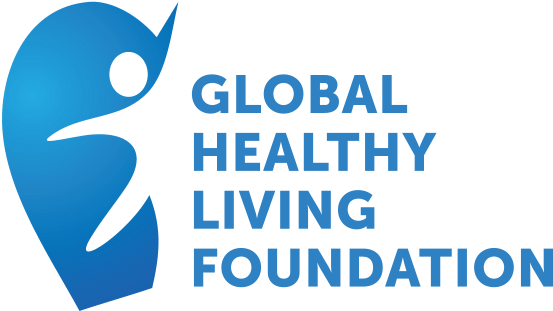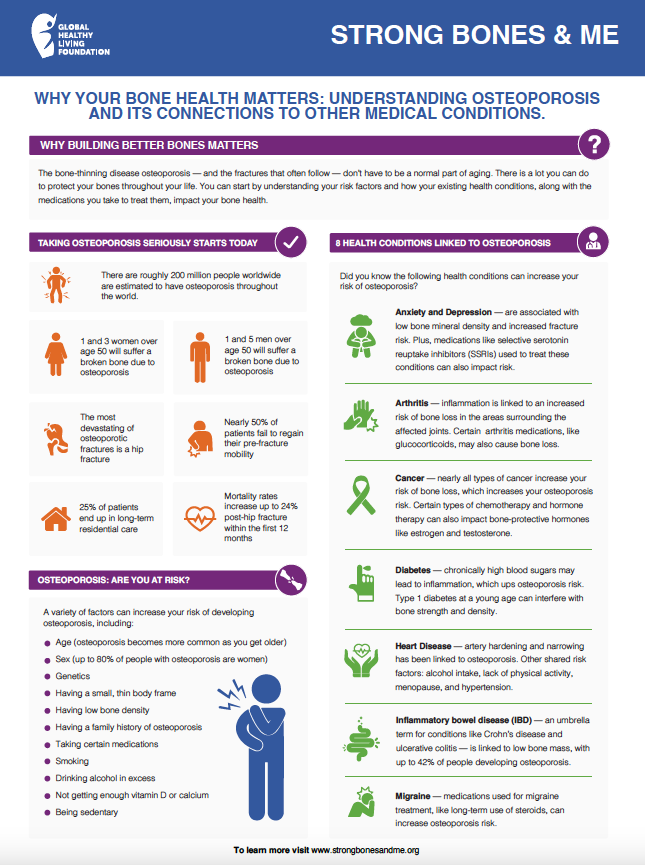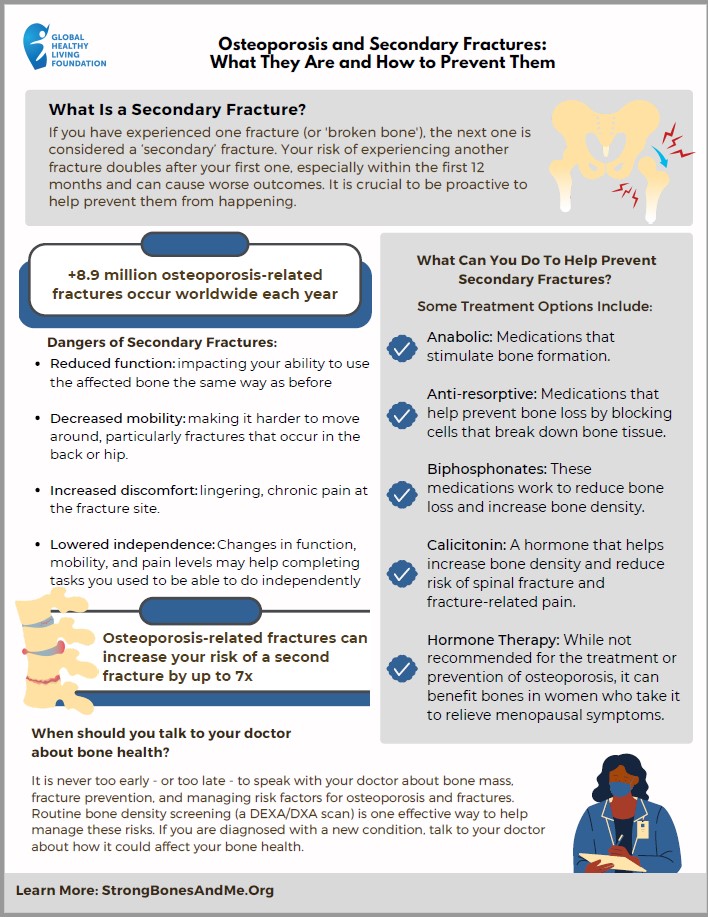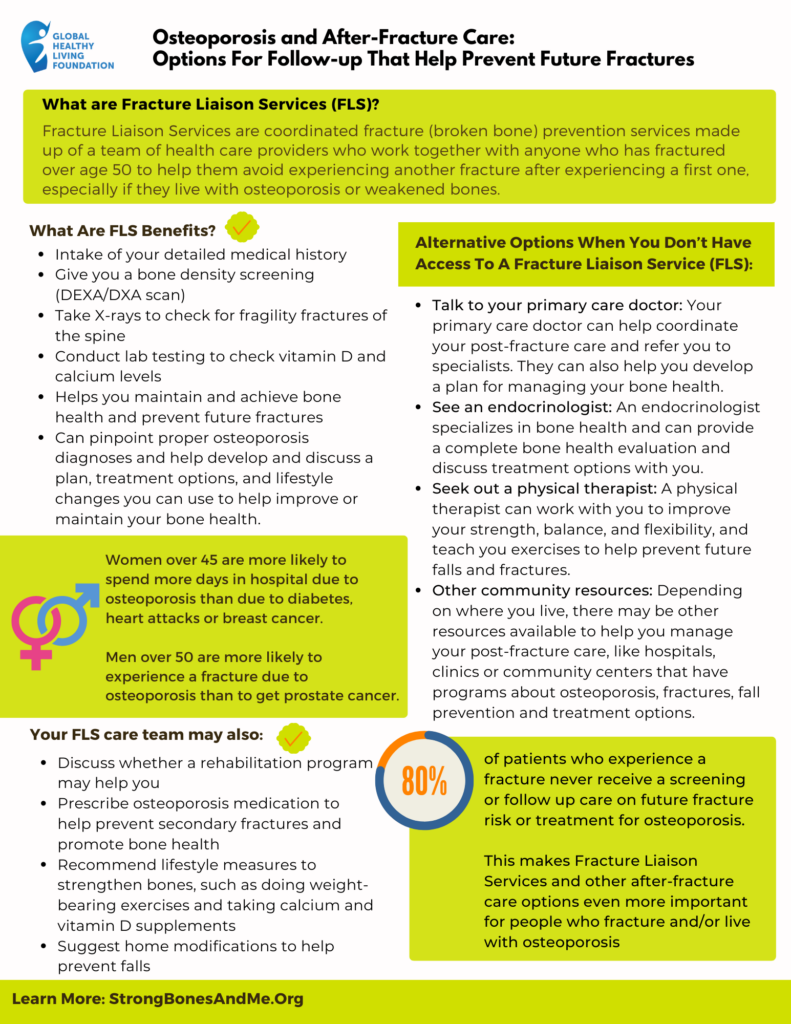Connected Conditions

Several co-conditions are associated with osteoporosis. For example, people with osteoporosis may also have a higher risk of heart disease, stroke, and other cardiovascular conditions. This is because the same factors that lead to weakened bones, such as a lack of physical activity and poor diet, can also contribute to these other health issues.
It is important for individuals with osteoporosis to take steps to manage their condition and reduce their risk of complications. This may include making dietary changes, increasing physical activity, taking medications to improve bone density, and taking steps to prevent falls. Regular monitoring and screening for osteoporosis can also help identify the condition early and allow for prompt treatment. See the articles below to learn more.
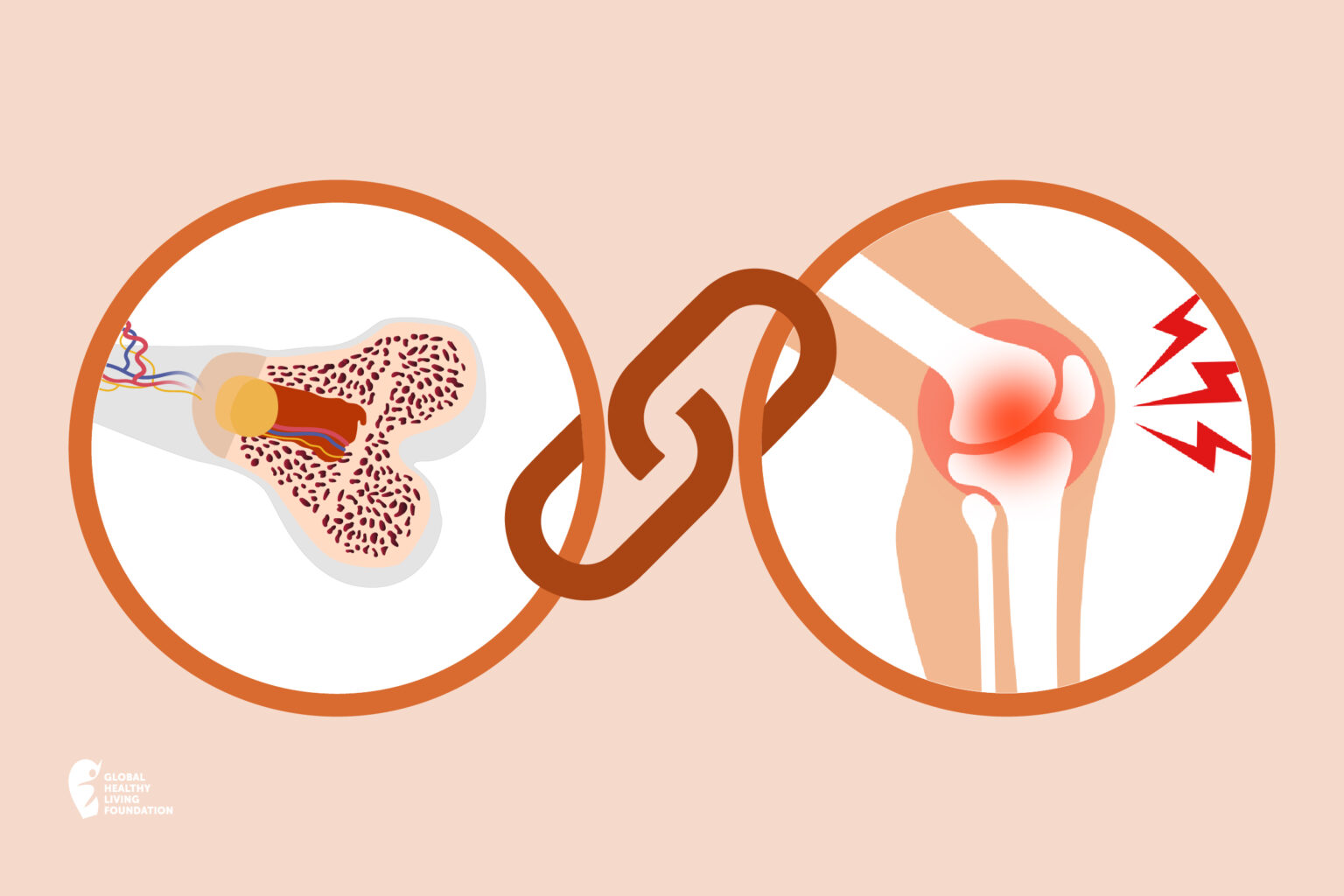
Arthritis + Osteoporosis
If you have arthritis, it’s important to take steps to keep joints healthy. But here’s why you should prioritize bone health, too.
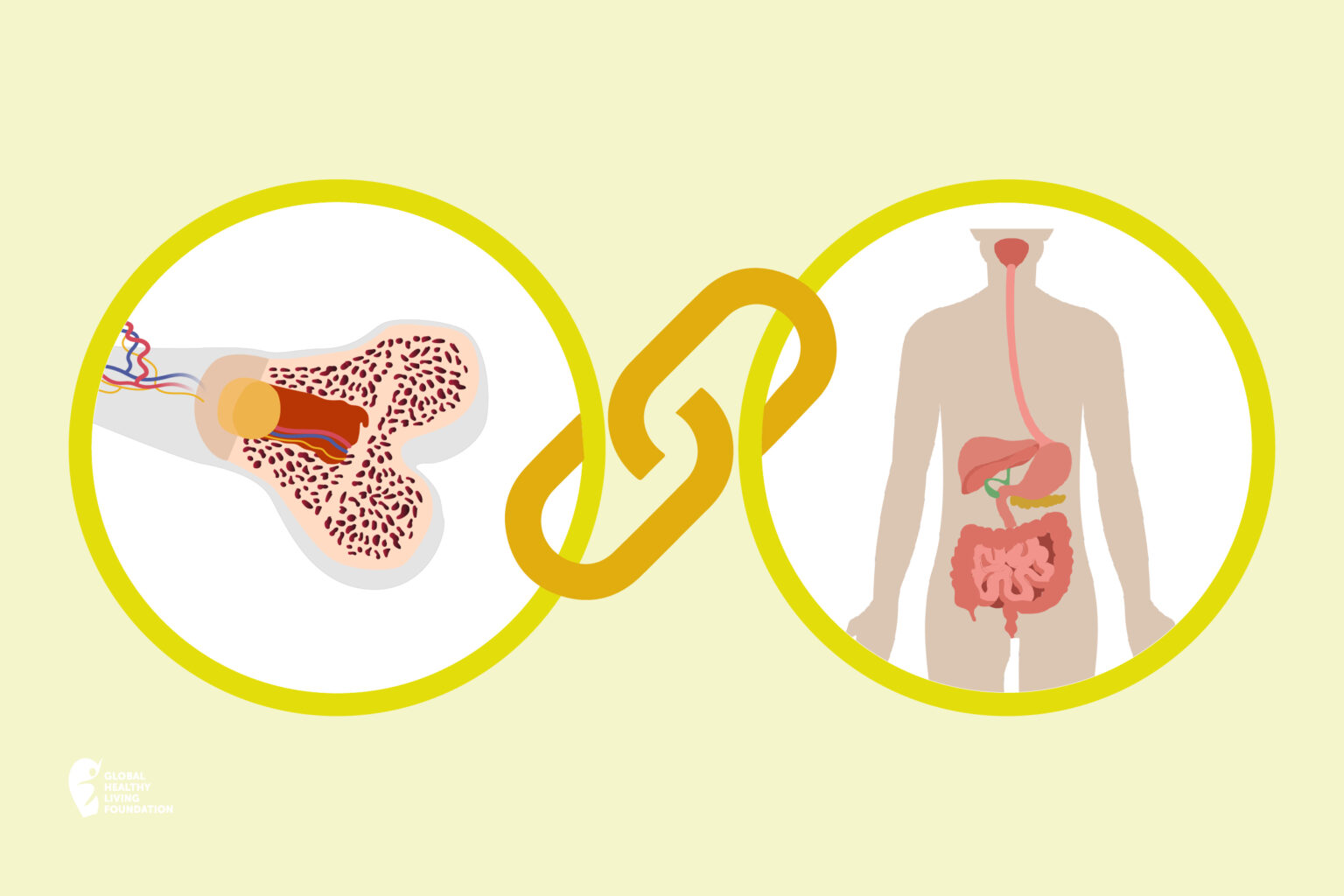
IBD + Osteoporosis
If you have inflammatory bowel disease, bone health may not cross your mind — but IBD has been linked with osteoporosis.
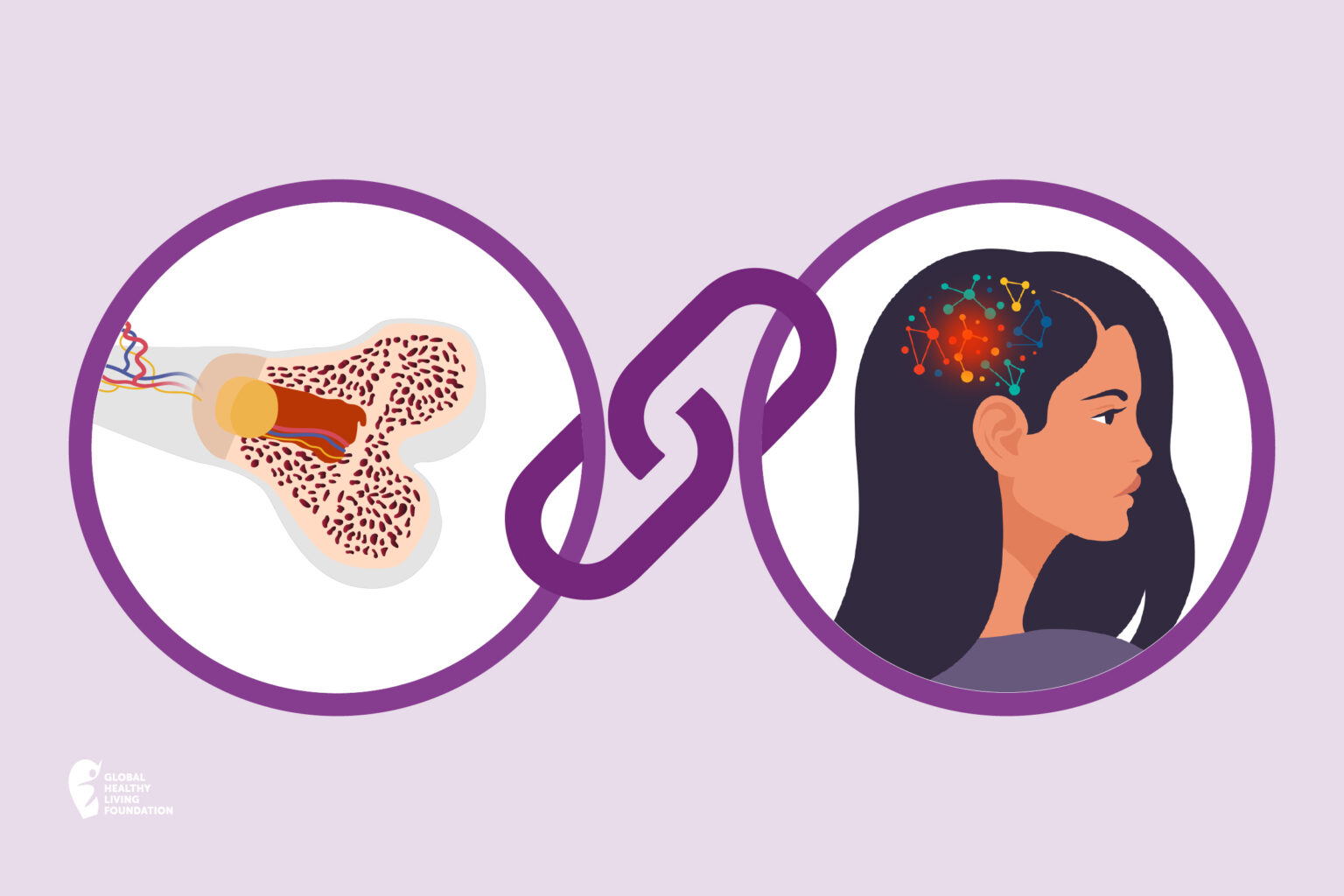
Mental Health + Osteoporosis
Mental health and osteoporosis have a two-way relationship. Here’s what you need to know to protect your bones and overall well-being.
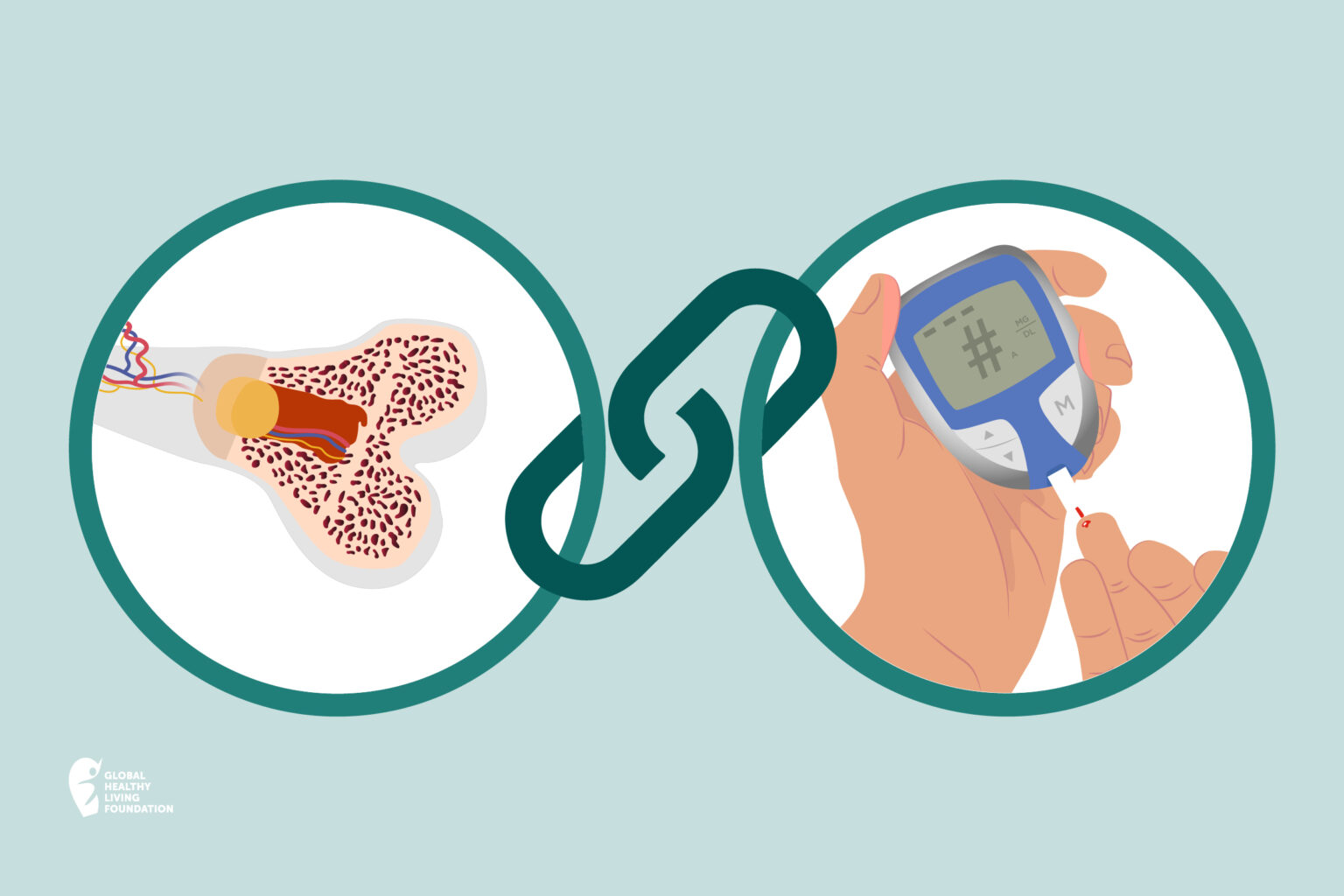
Diabetes + Osteoporosis
Diabetes can affect your bone health and increase your risk of fractures and osteoporosis.
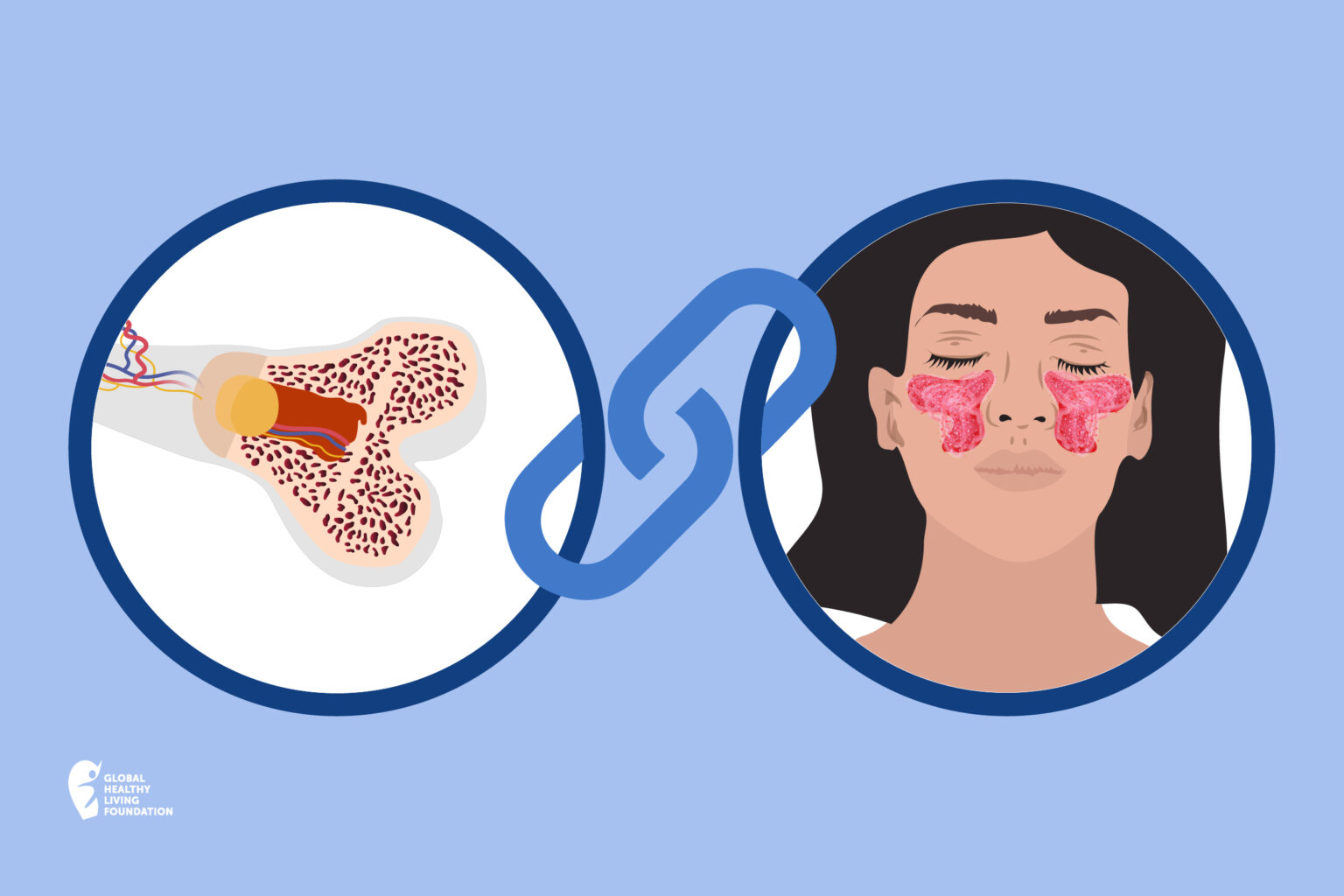
Lupus + Osteoporosis
Lupus can increase your risk of osteoporosis. Here’s why — and how to protect your bones and overall health.
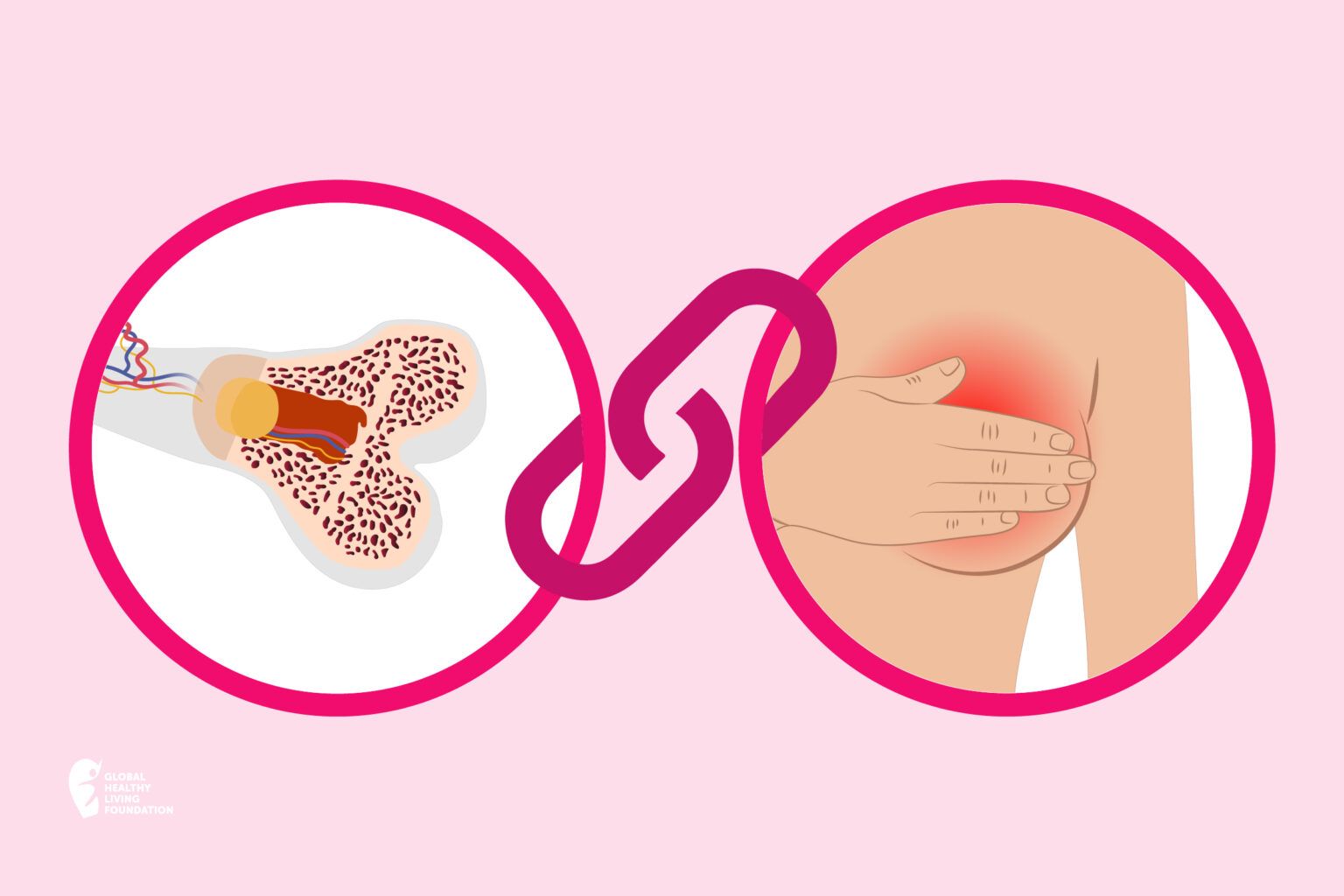
Cancer + Osteoporosis
Cancer itself — and its treatments — can increase your risk of this common bone condition.
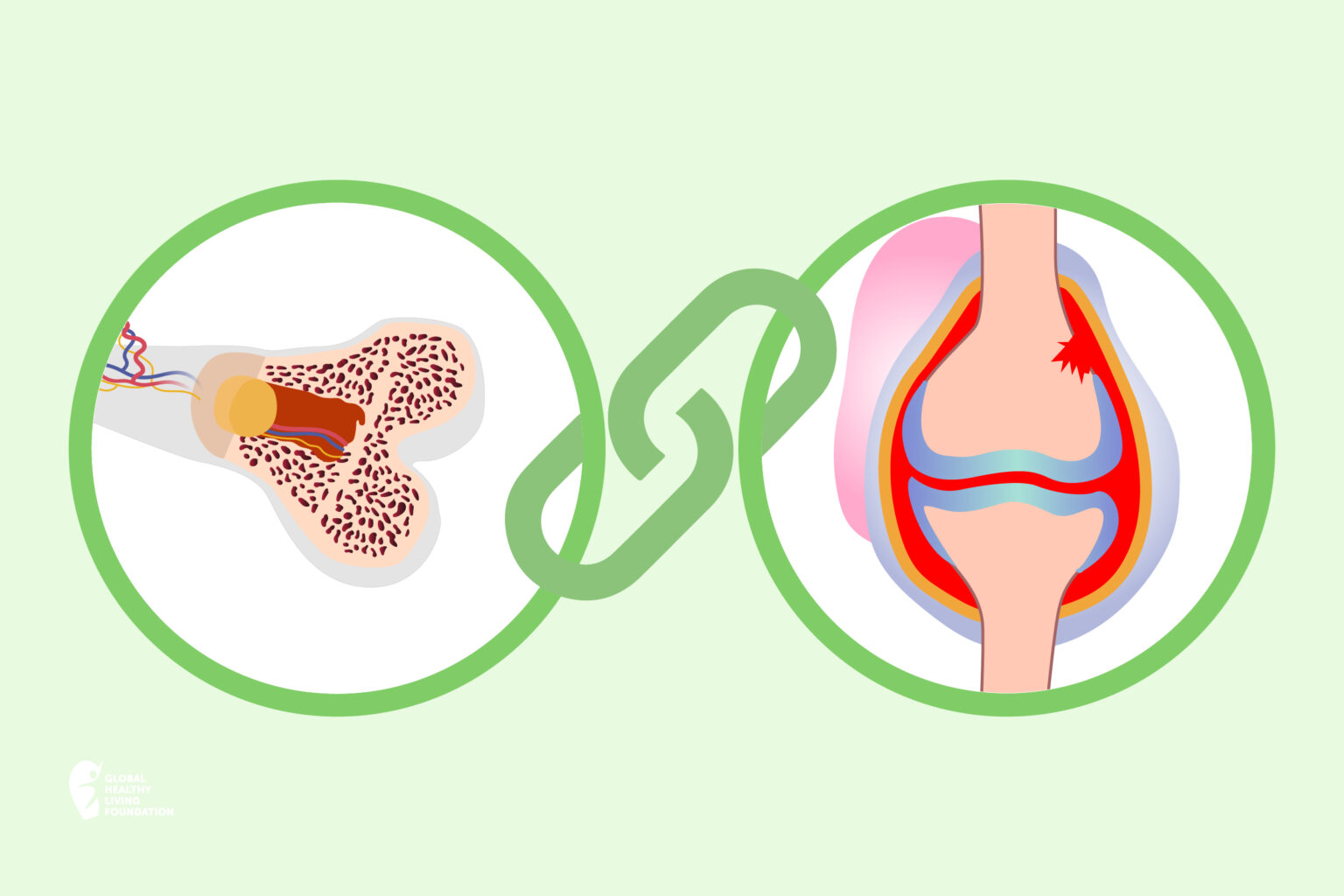
Osteoarthritis + Osteoporosis
If you have osteoarthritis, here’s what you need to know to protect your joints and your bone health.

Migraine + Osteoporosis
If you experience migraine, bone health may not be top-of-mind, but these types of headaches may be linked to osteoporosis.
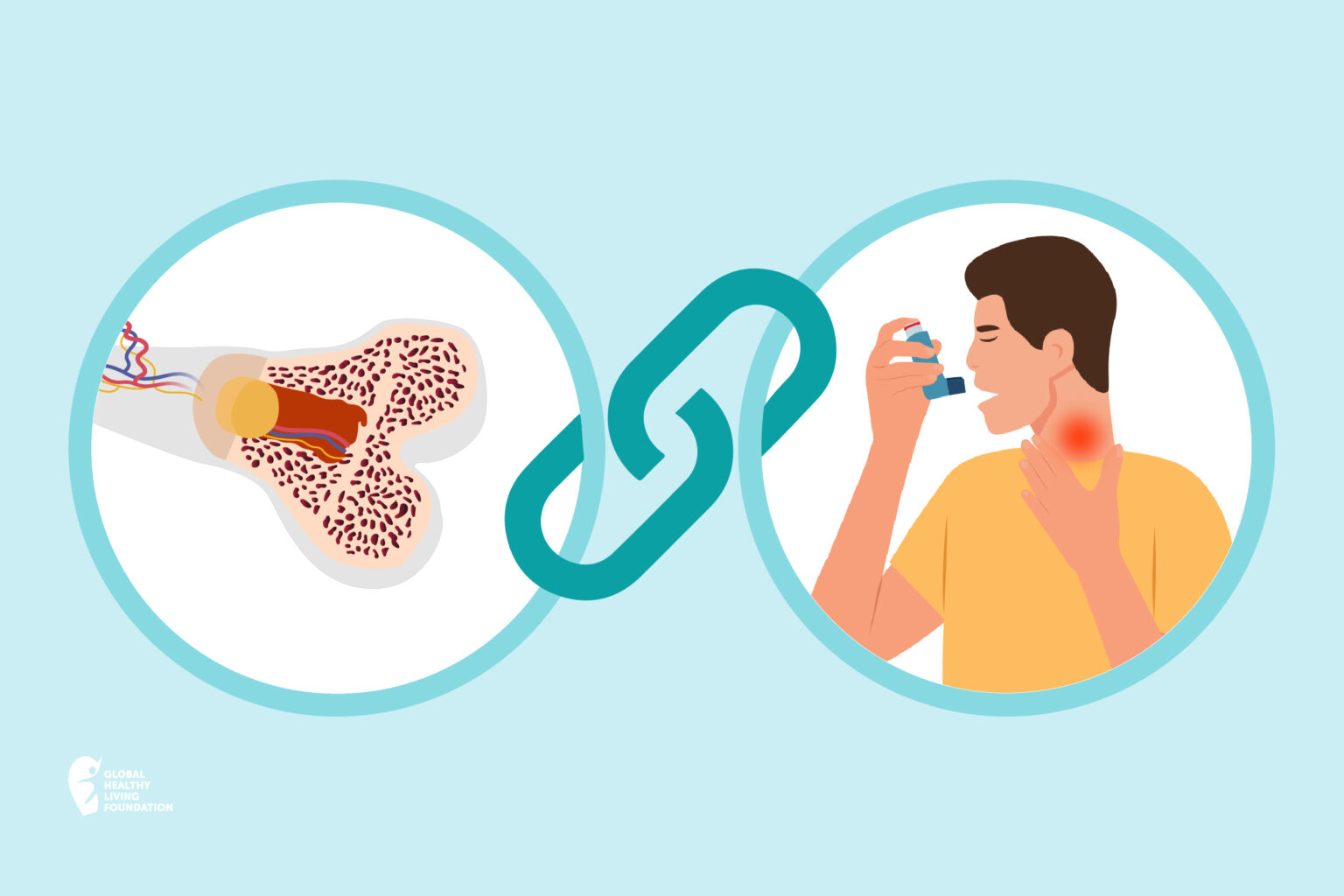
Asthma + Osteoporosis
Asthma itself and the medications often prescribed to treat it can increase your risk of developing osteoporosis — but fortunately, there are steps you can take to protect your bone health
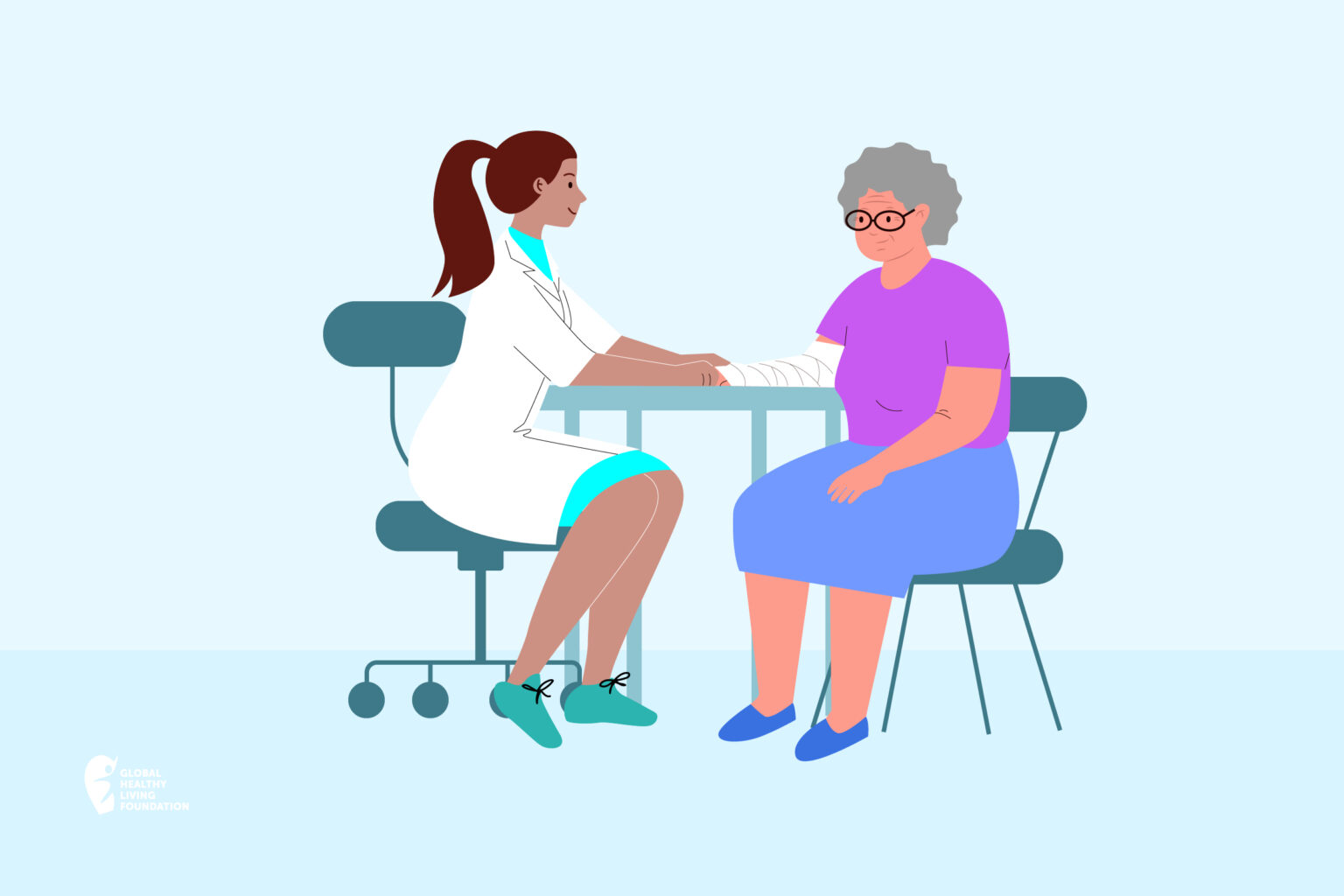
Frature Liaison Services
Discover various options for care and follow-up plans after experiencing a fracture (bone break), like ‘Fracture Liaison Services’ (FLS). Discover why Fracture Liaison Services (FLS) are critical for individuals over 50 with bone fractures
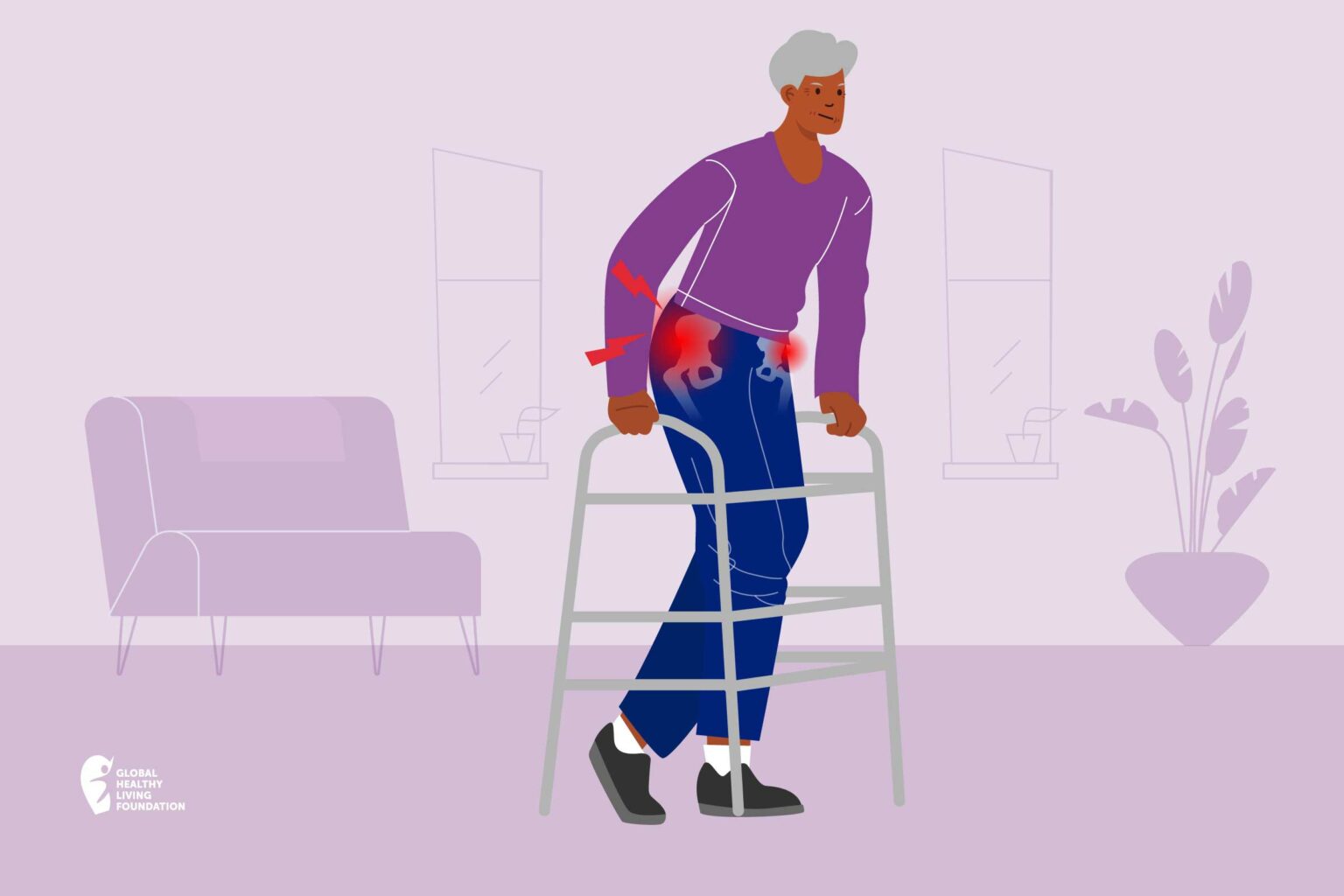
Secondary Fracture Prevention
Once you experience a bone fracture, your risk of another fracture increases, especially if you have osteoporosis. Understanding this risk and taking steps to strengthen bones can keep you healthy.
Dr. Carson's Expert Advice
Dr. James Carson (Orthopedic Surgeon) shares his expert advice on osteoporosis, procedures for treating osteoporotic fractures, and much more including a discussion on bone health in the Black, Indigenous and People of Color (BIPOC community). Watch his video to learn more!
Dr. Chad's Expert Advice
Dr. Chad Woodard (PhD, Physical Therapist) shares his expert advice by demonstrating some effective physical exercises that can help strengthen your bones, especially if you live with osteoporosis. Watch his exercise video to learn more!
Dr. Adimoolam's Expert Advice
Dr. Deena Adimoolam shares her expert advice on risk factors in women and men for osteoporosis, like hormones, as well as expert advice on fracture prevention and after-fracture care. She also shares tips for taking better care of your bone health. Watch her video interview to learn more!
Shelly's Story
Shelly shares her story on how she views living with osteoporosis and the importance of maintaining an active lifestyle and engaging in support groups to help prevent future fractures through exercise and education.
Tien's Story
Tien shares her story about experiencing multiple osteoporosis-related fractures, the importance of working to prevent future fractures and about daily life with osteoporosis.
Fiona's Story
Fiona shares her story about living with osteoporosis, the importance of working to prevent future fractures and keeping bones strong.
Osteoporosis & Connected Conditions Infographic
Learn more about how osteporosis is connected to various other health conditions you may live with through this helpful infographic.
Fracture Prevention Infographic
In this helpful infographic, you’ll learn more about increases in risk for another fracture after a first one, especially if you have osteoporosis.
After Fracture Care Infographic
In this helpful infographic, you’ll discover various options for care and follow up plans after experiencing a fracture (bone break) that can help you avoid experiencing a future one.

What do you know and what do you need to learn?
Take our short bone health survey and share your insights. What you share is valuable to us.
